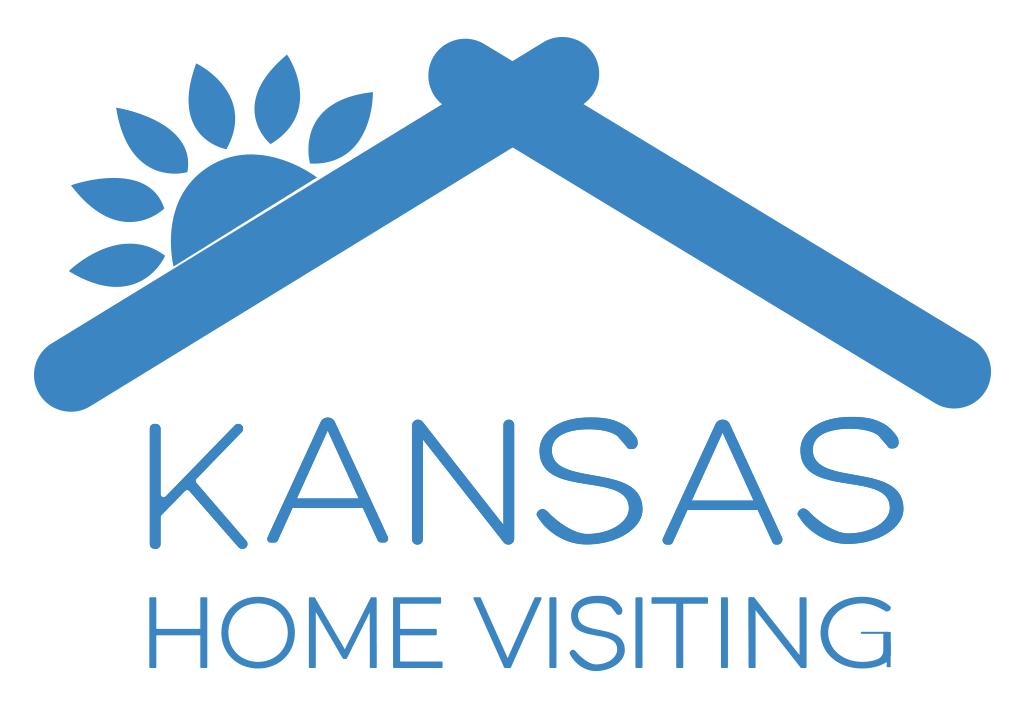
As part of the Kansas Maternal and Child Health (MCH) program, grantees may opt to implement Home Visiting services to provide information, education, initiate referrals, and assist with accessing community systems of care within the target population of pregnant women, mothers, and infants (birth to 12 months.) The primary goals are to support healthy pregnancies, improve birth outcomes, and promote healthy infant development.
Home Visitors work in tandem with other professional staff, such as licensed social workers or nurses, as part of the constellation of MCH promotion and prevention programs. Services are initiated during the prenatal period when possible and are short-term, meaning either the family doesn’t require additional services, or is referred to more intensive, longer-term home visitation programs.
Universal Approach
MCH Home Visiting is universal in provision, available to all without eligibility requirements. The program follows a strengths-based approach which concentrates on the inherent strengths of individuals, families, and groups to aid recovery and empowerment. Services are intended to positively impact behaviors by increasing the number of people accessing early and comprehensive health care and services before, during, and after pregnancy.
In addition to providing education on health, safety, parenting, and infant development, MCH Home Visitors screen for risk factors, link families to other community resources, and help them navigate systems of care. A critical responsibility of the home visitor is to have a broad knowledge of available local services.
Assumptions Underlying Family-Centered Home Visiting
- Preservation of the family as the foundation of our social structure is essential.
- The rights and integrity of the family must be recognized and respected.
- The family will make important decisions about its interactions with community resources.
Outcomes
Outcome objectives to be met by grantee agencies providing the MCH Home Visiting program include:
Short-term Outcomes
- Mothers and their families identify and use community resources
- Pregnant women demonstrate improved health behaviors such as increasing healthy food intake and physical activity and decreasing substance use (e.g., cigarette smoking and alcohol use)
- Pregnant women access early prenatal care and education to reduce the incidence of premature and low birth weight babies
- Parents demonstrate nurturing parenting skills
Intermediate Outcomes
- Mothers and their families utilize cost-effective preventive health care services such as prenatal care, family planning, immunizations, WIC/nutrition, and well child services.
- Mothers and their families demonstrate enhanced parenting and problem-solving skills.
